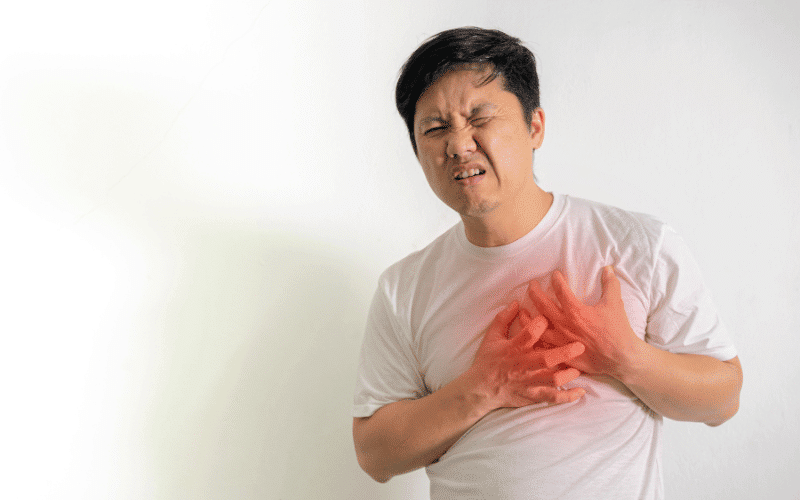Introduction: Unveiling the Enigma of Heart Disease
Heart disease – an umbrella term encapsulating a spectrum of cardiovascular conditions – remains a formidable opponent in the global health arena. Its potential impacts range from minor inconveniences to life-threatening situations, making early detection and timely intervention crucial. The trickier part, however, is the seemingly innocuous nature of early symptoms, often mistaken for less serious health issues.
When we think of heart disease, it’s easy to imagine dramatic chest pain or sudden collapse. However, the truth is often less theatrical. The early signs of heart disease can be subtle, easy to miss, or even easier to dismiss.
In this quest for awareness, we will explore 15 early signs of heart disease. This piece aims to elevate understanding and enable proactive health management against this widespread health concern.
1. Chest Discomfort – More than just a Heartburn?

Commonly known as angina, chest discomfort often acts as the vanguard of heart disease symptoms. It’s an early warning that your heart isn’t getting enough oxygen or nutrients, usually due to an obstruction in one or more coronary arteries. The typical manifestation of angina is a feeling of pressure or squeezing in the chest. This discomfort might radiate to the neck, jaw, shoulders, back, or arms.
Contrary to popular belief, angina isn’t always severe or even the most noticeable symptom in early heart disease. Many dismiss it as simple indigestion or heartburn, causing a delay in seeking medical attention. However, any persistent chest discomfort warrants a medical evaluation, as it may be a sign of underlying heart disease.
The two primary forms of angina – stable and unstable – have different characteristics and implications. Stable angina follows a predictable pattern and can usually be managed with lifestyle changes and medication. However, unstable angina is less predictable and may occur more frequently, even at rest, signaling a higher risk of a heart attack.
Understanding this crucial symptom could be a lifesaver. If you experience unexplained chest discomfort, especially if it’s associated with exertion or emotional stress, it’s essential to seek medical attention promptly. (1)